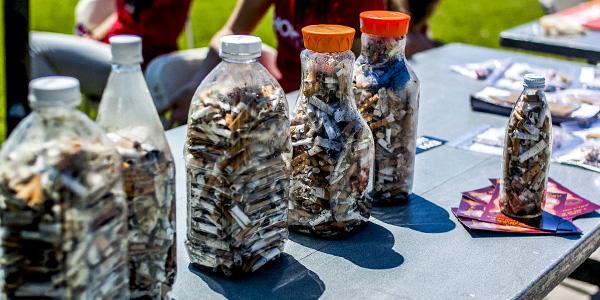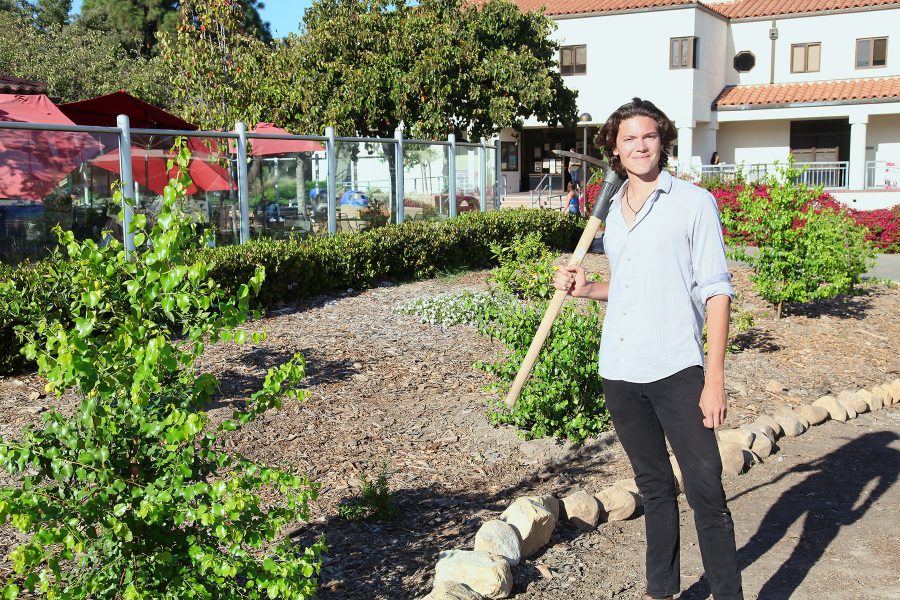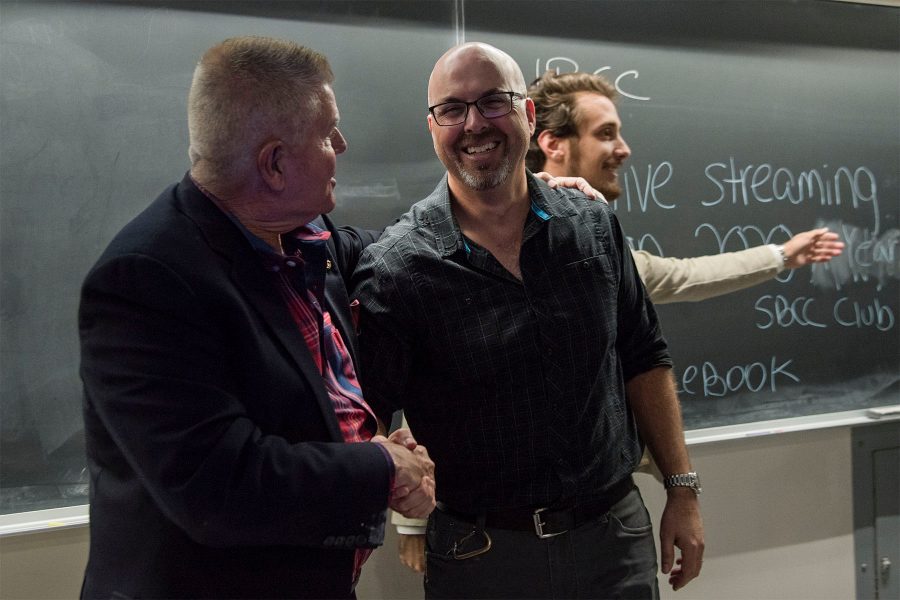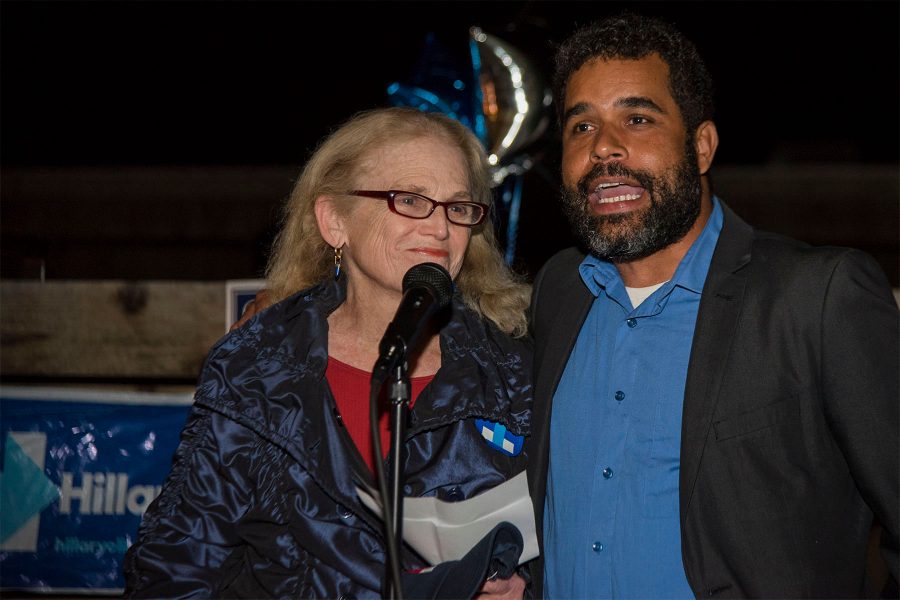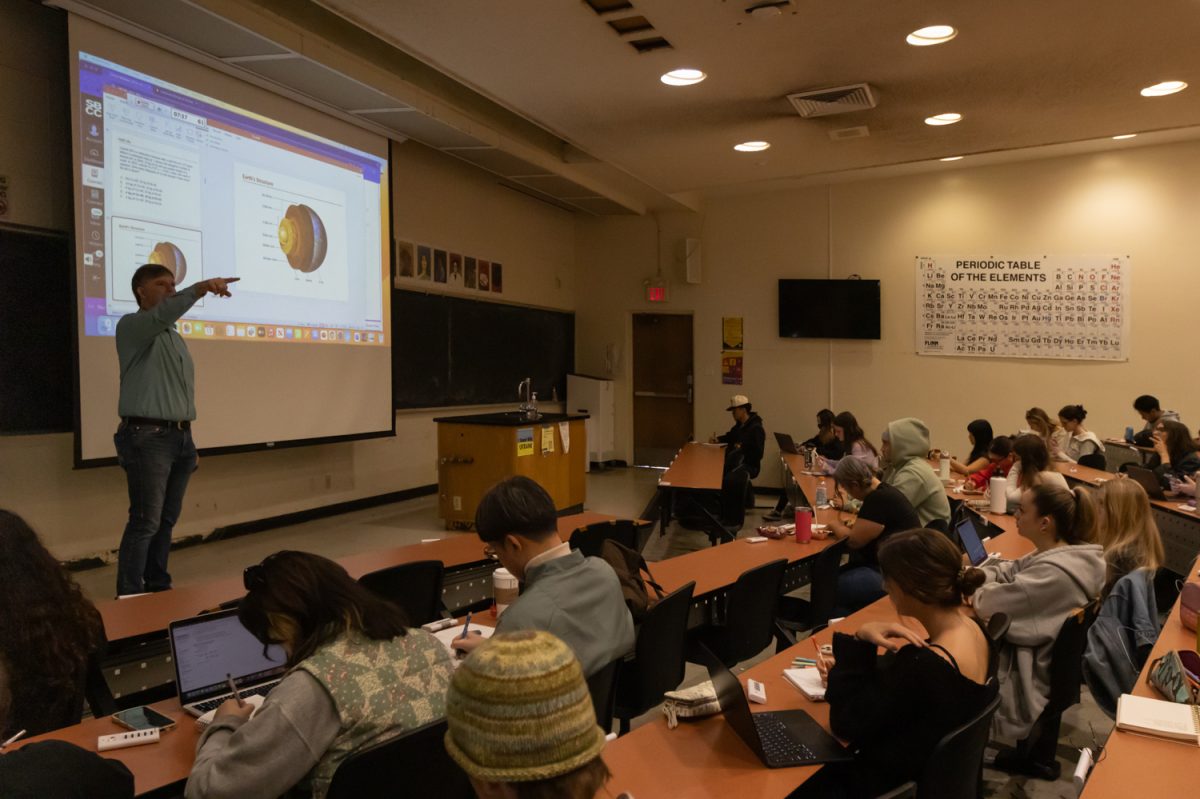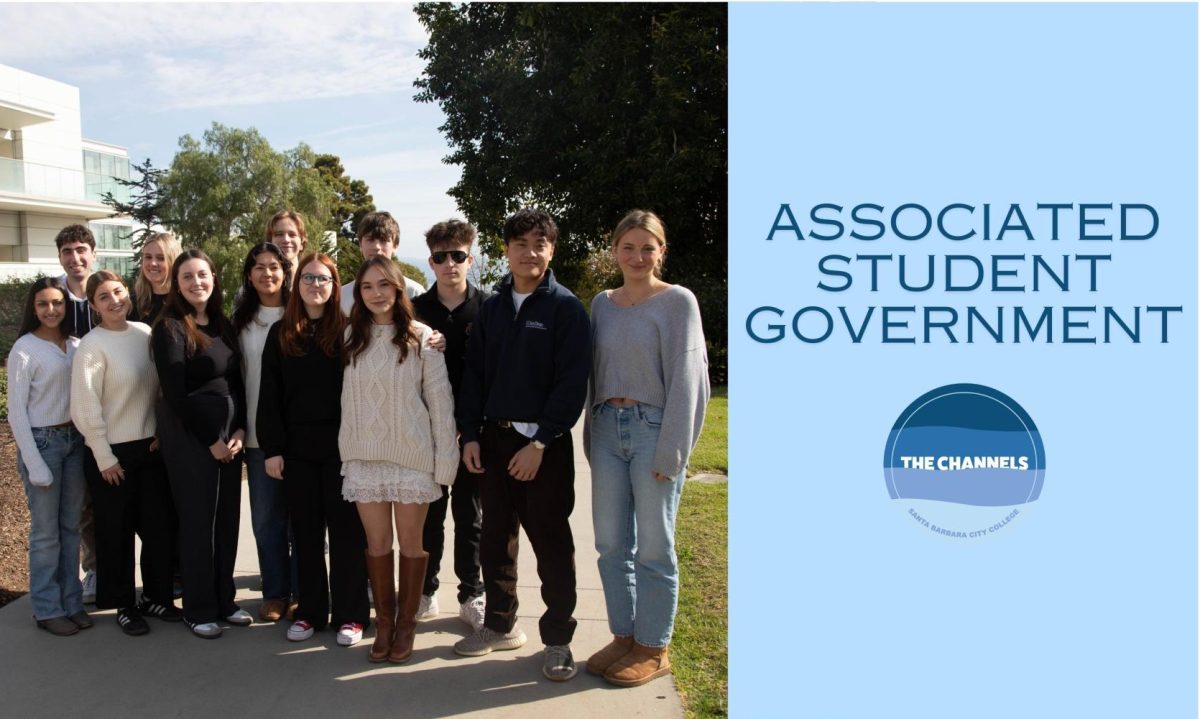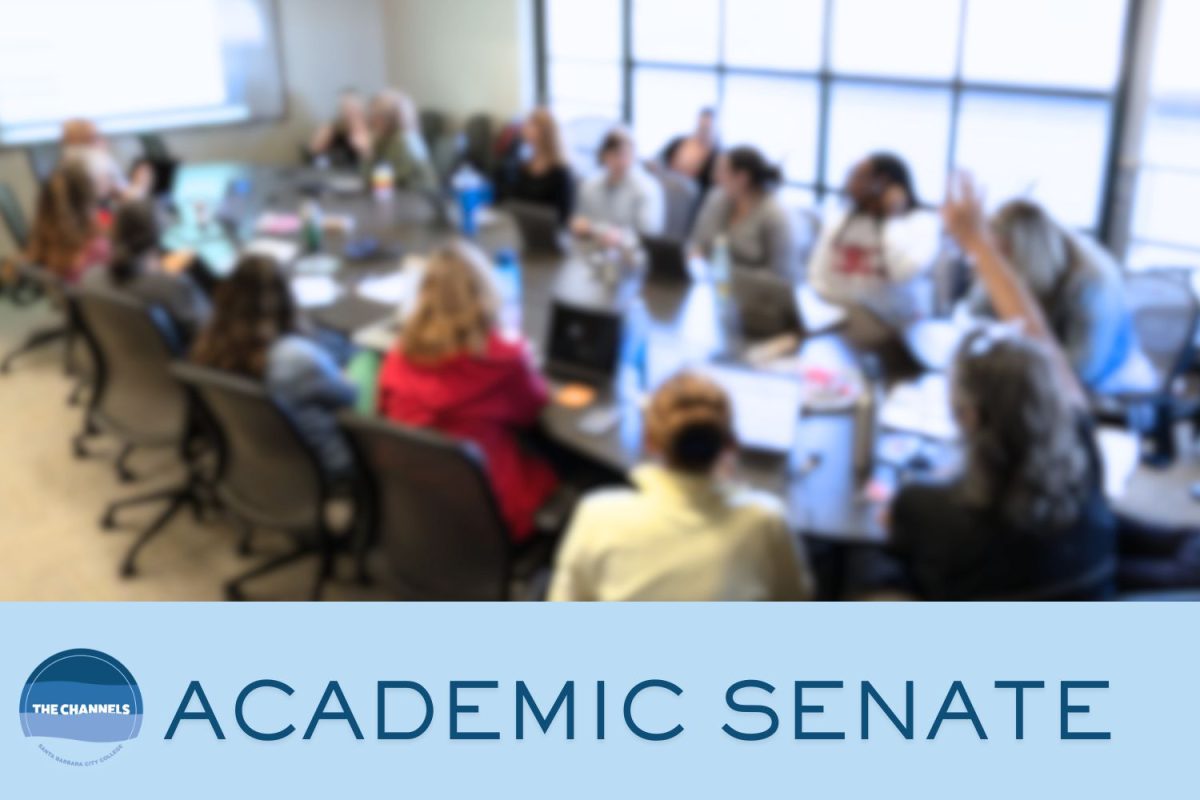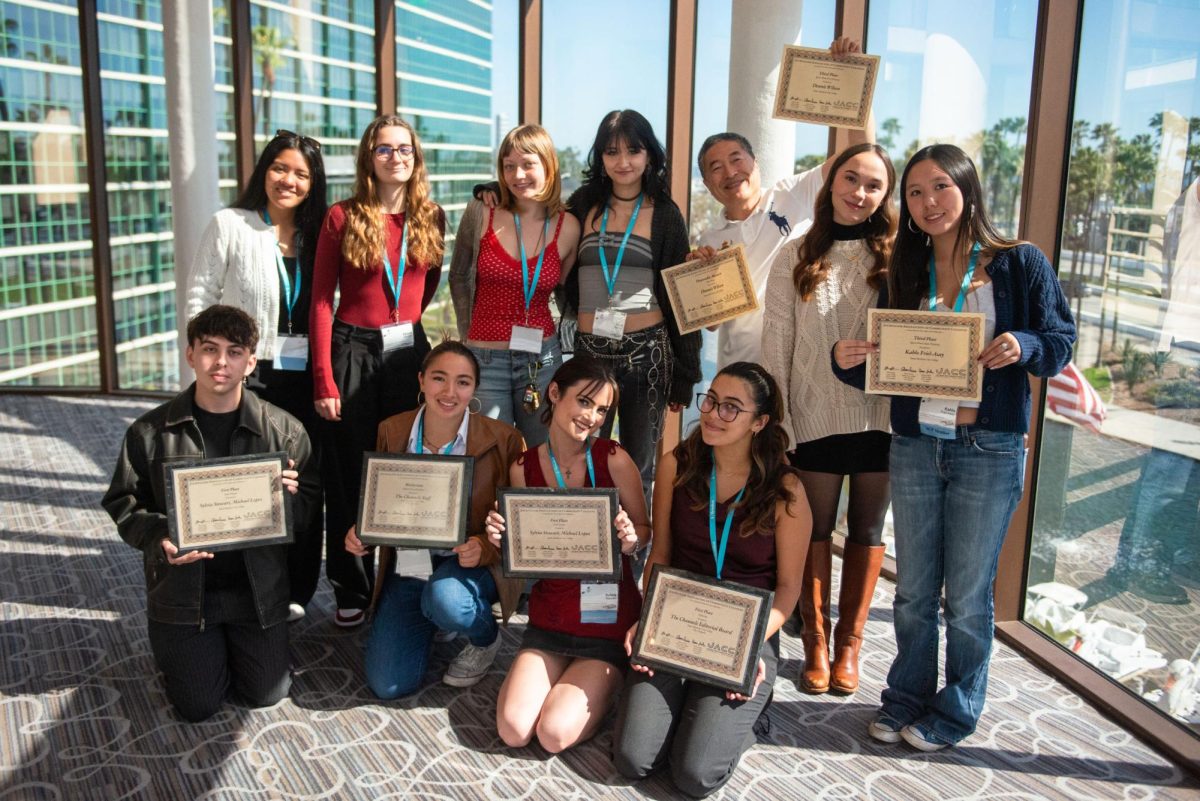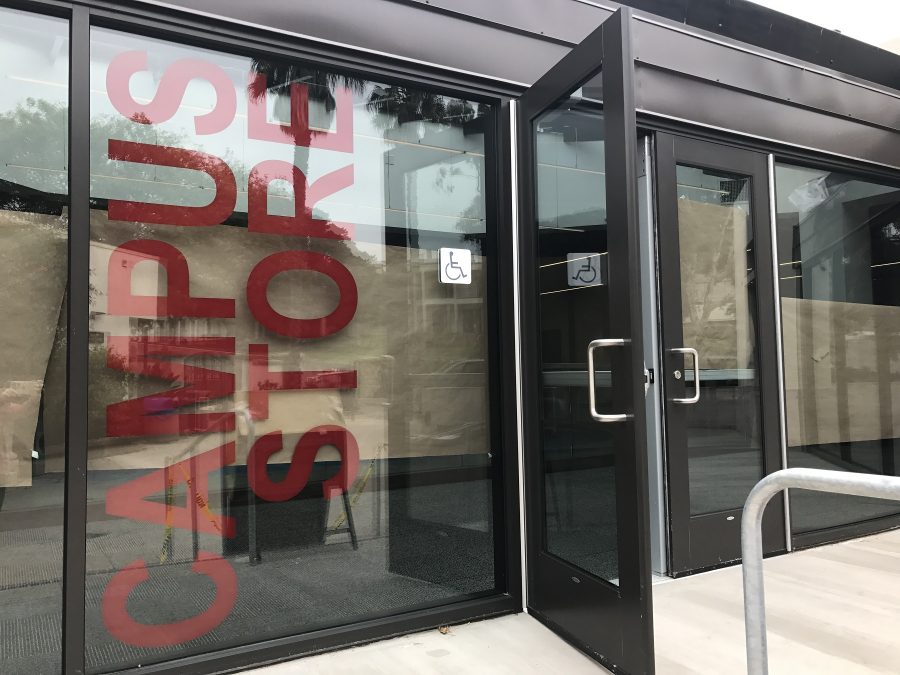Project HOPE (Helping Others through Peer Education), an organization founded to educate peers in their college years, embraces the challenge of quitting cigarettes and promotes a smoke-free campus.
“I think being earth-friendly is definitely more popular right now. People want to be involved,” said Audrey Mangiameli, a member of the organization.
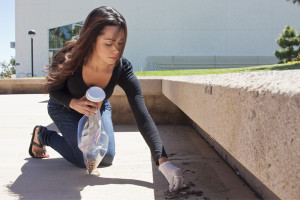
The first event took place Tuesday, April 16, as part of the organization’s campaign to promote a cleaner campus. Students were encouraged to pick up cigarette butts around both campuses.
“It will be cleaner and I think people who chose not to smoke won’t be affected by the smoke areas,” student program advisor Jamie Sublett said.
On Thursday, April 18, the club held a meeting on West Campus where students had the opportunity to see results from the cigarette butts pick-up earlier this week.
The event honored Earth Day and promoted the Tobacco Cessation Program, which educates students on the importance of a healthy lifestyle.
When asked how many cigarettes were found in each plastic bottle, the students guessed around 50, but overall each container had over 150 cigarette butts, said Mangiameli.
She also said that many students were shocked by the results. They couldn’t believe how much trash was on campus.
“We live in a beautiful city and we want to keep that up and just to be overall healthy,” said Project HOPE member, Cynthia Rojo. “We want to make sure that it’s safe, free and healthy for everyone.”
This program also encourages smokers to replace cigarettes with gum, lozenges and nicotine patches.
The quit kit, handed out on Thursday, contained rubber bands, candy, lollipops, toothpicks, stirrers, gold cards, condoms and tips on how to stop addiction.
“It’s kind of like if they are interested, they will look at the information,” said Gosselin. “If not, they keep on walking, but [the event] should be really impactful, especially with the cigarette butts pick-up,” said Sarah Gosselin, member of the organization.
The smoking cessation program costs $20 and successful students get their money back as they progress in the program.
Counselors are available to help students reduce stress from college life.
“Just know the effects, and when you want to stop, know your resources,” Gosselin said.
The club also encourages students to contact the California Smoker’s Helpline, funded by The California Department of Public Health, where one-on-one counseling over the phone is available.
Rojo said that the most important thing about the project is to come together as a group and help the campus and students.


